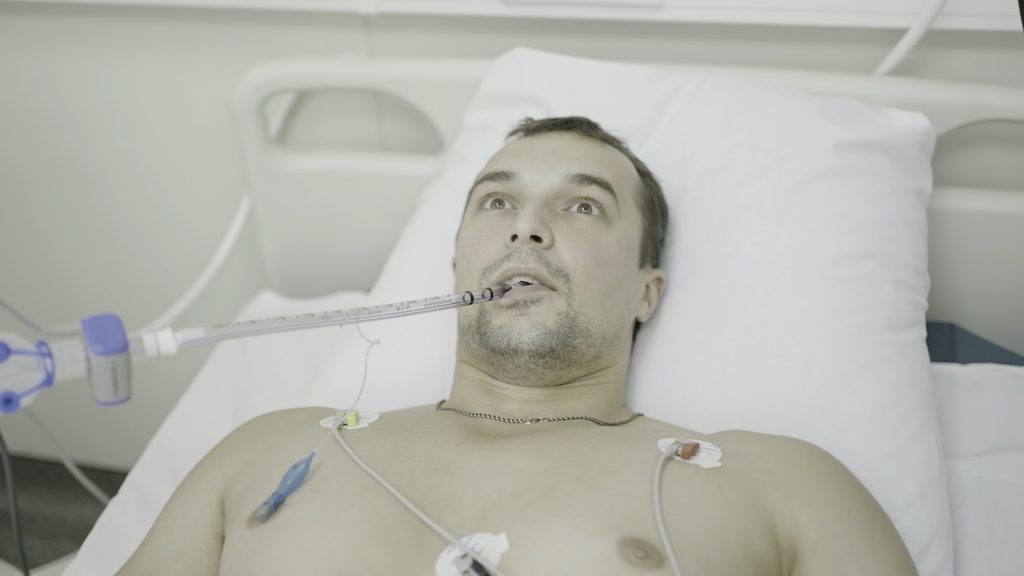
Airway management is a crucial aspect of healthcare that involves the assessment, maintenance, and restoration of a patient’s airway. It is an essential skill for healthcare providers to possess as it can mean the difference between life and death in emergency situations.
The airway is responsible for transporting oxygen from the environment into the lungs and removing carbon dioxide from the body. Any obstruction or compromise to this system can lead to respiratory distress, hypoxia, and ultimately, organ failure. Therefore, it is vital to ensure that a patient’s airway remains open and functioning correctly at all times.
Airway management begins with a thorough assessment of the patient’s breathing pattern, level of consciousness, and any potential risk factors such as obesity or trauma. This information helps healthcare providers determine the appropriate course of action for maintaining or restoring an open airway.
In cases where there is an obstruction in the upper airway due to foreign bodies or swelling caused by allergic reactions or infections, immediate intervention may be necessary. The Heimlich maneuver or suctioning may be used to remove foreign objects while medications such as epinephrine may be administered to reduce swelling.
In other cases where there is a risk of aspiration due to impaired consciousness or sedation during surgery, endotracheal intubation may be necessary. This involves inserting a tube through the mouth into the trachea to maintain an open airway and allow for mechanical ventilation if needed.
Proper positioning can also aid in maintaining an open airway. Patients who are unconscious should be placed in a supine position with their head tilted back slightly while conscious patients should sit upright with their head elevated.

In conclusion, proper airway management is critical in ensuring adequate oxygenation and ventilation in patients. Healthcare providers must possess adequate knowledge and skills required for assessing, maintaining and restoring an open airway when necessary. Failure to do so can lead to severe complications such as hypoxia which could result in organ failure or even death. Therefore, it is essential to prioritize airway management in all healthcare settings.
